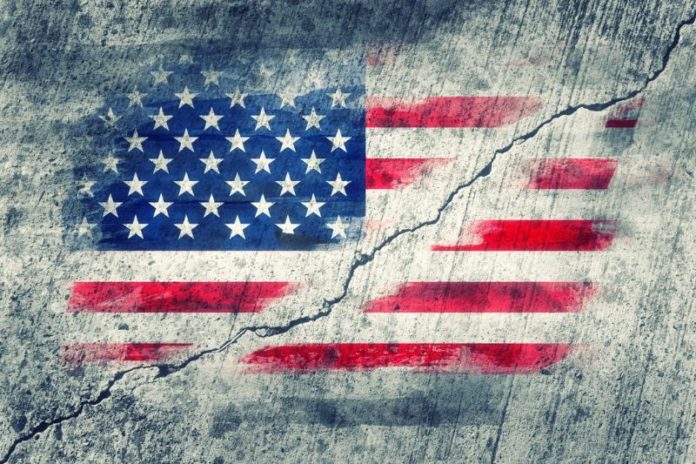Last week in Philadelphia, President Joe Biden gave “the most vicious, hateful and divisive speech ever delivered by an American president,” so former President Donald Trump proclaimed at a rally in Wilkes-Barre, Pennsylvania, on Saturday before proceeding to outdo Biden.
The two speeches — one decrying “MAGA Republicans” who “represent an extremism that threatens the very foundations of our republic,” the other condemning “the radical left lunatics” who are “trying to destroy our country” — mirrored each other in ways neither man would be willing to admit. Both portrayed the other side as not just mistaken but malevolent and warned that its victory this fall would doom everything Americans hold dear.
Biden prefaced his attack on Trump and his followers by drawing a distinction between “MAGA Republicans” and “mainstream Republicans,” whom “I’ve been able to work with.”
But even as he averred that “not even the majority of Republicans are MAGA Republicans,” Biden warned that “the Republican Party today is dominated, driven and intimidated by Donald Trump and the MAGA Republicans,” who pose “a threat to this country.”
Trump’s supporters, Biden explained, “do not respect the Constitution,” “do not believe in the rule of law” and “do not recognize the will of the people.” They “promote authoritarian leaders” and “fan the flames of political violence,” which threatens “the very soul of this country.”
MAGA Republicans “refuse to accept the results of a free election,” which makes them “a clear and present danger” to “our democracy.” They “don’t understand what every patriotic American knows: You can’t love your country only when you win.” They “embrace anger,” “thrive on chaos,” and “live not in the light of truth but in the shadow of lies.” They are “committed” to “destroying American democracy” and “determined to take this country backwards.”
Trump complained that Biden was “trying to demonize half of the population” — more than half, actually, since Trump still insists that he won the 2020 presidential election by a wide margin. Referring to the number of votes he received that year, Trump accused Biden of “vilifying 75 million citizens — plus another probably 75 to 150 (million), if we want to be accurate about it — as threats to democracy and as enemies of the state.”
Trump’s rejoinder: I know you are, but what am I? “The enemy of the state is him,” Trump said. “The danger to democracy comes from the radical left, not from the right.”
Although Trump claimed to be dismayed by Biden’s “hatred and anger,” his remarks in Wilkes-Barre were not exactly full of sweetness and light. “Radical Democrats,” he explained, are “sick, sinister and evil people” who are “trying to destroy our country” because they “hate our country.”
Democrats are “against God, guns, oil, law enforcement, voter ID, tax cuts, regulation cuts, the Constitution, and … our founding fathers,” Trump said. Their agenda is so repellant that “the way they win is to cheat in elections” — the conviction that led Trump to embrace one wild election fraud claim after another.
Although those sore-loser excuses are at the core of the “extreme MAGA ideology” that Biden perceives, Trump insists the movement is about more than his vanity and lust for power. “The 2020 election was rigged, and now our country is being destroyed by people who got into office through cheating and through fraud,” he said in Wilkes-Barre. “This battle is not about me. This is a struggle for the very fate of our republic.”
Biden agrees, offering his own apocalyptic take on the next election. While he is obviously right that accepting electoral defeat is a crucial part of democracy, he has his own reasons for exaggerating the imminence of the republic’s demise.
Trump and Biden also agree that Americans should be united against division. Voting for Democrats, Biden said in Philadelphia, means choosing “hope and unity and optimism” over “fear, division and darkness.” Democrats “think they can divide us,” Trump said in Wilkes-Barre, “but they can’t.”
Why is the other side always so divisive?































